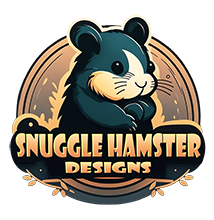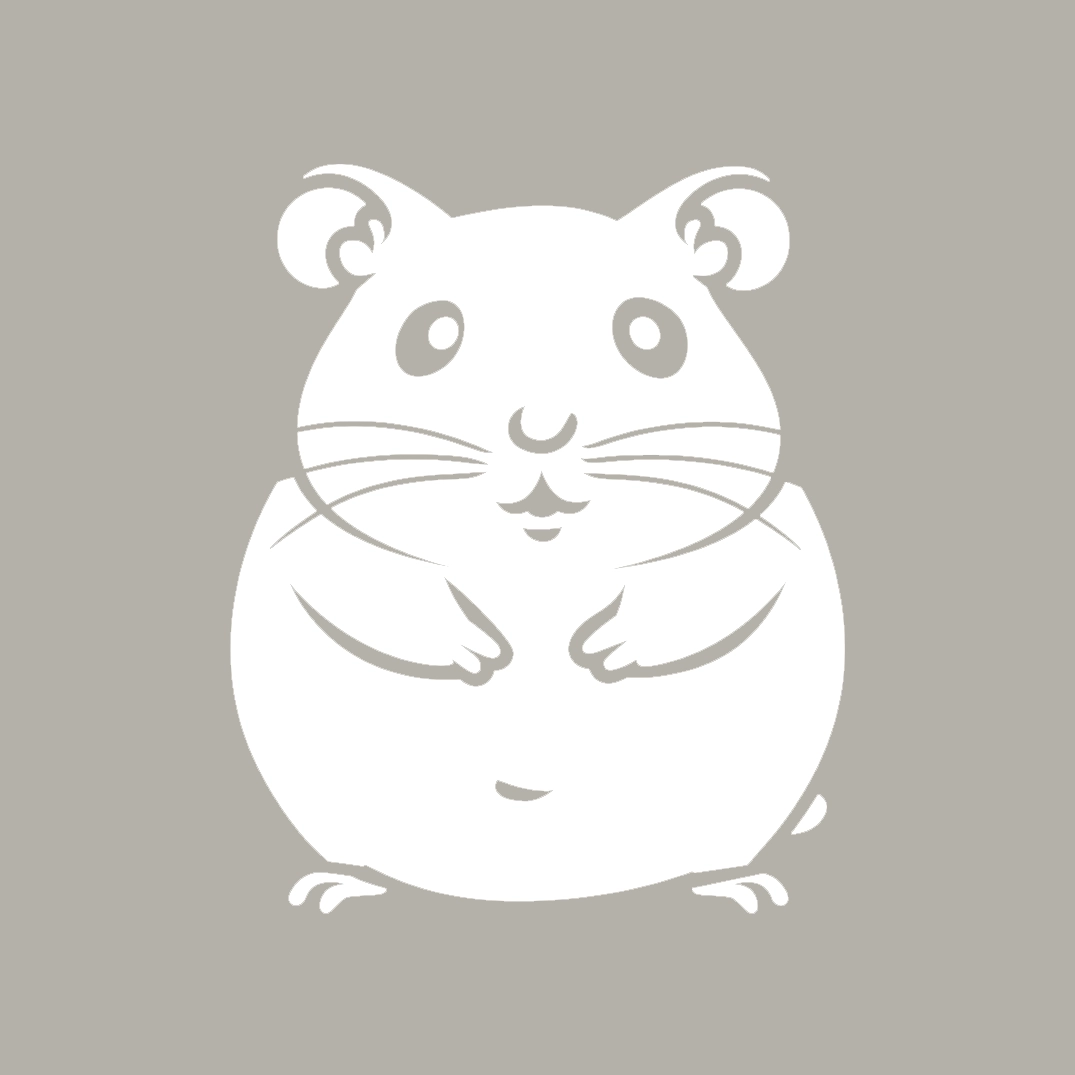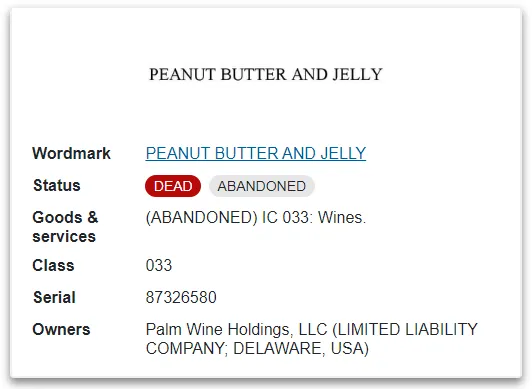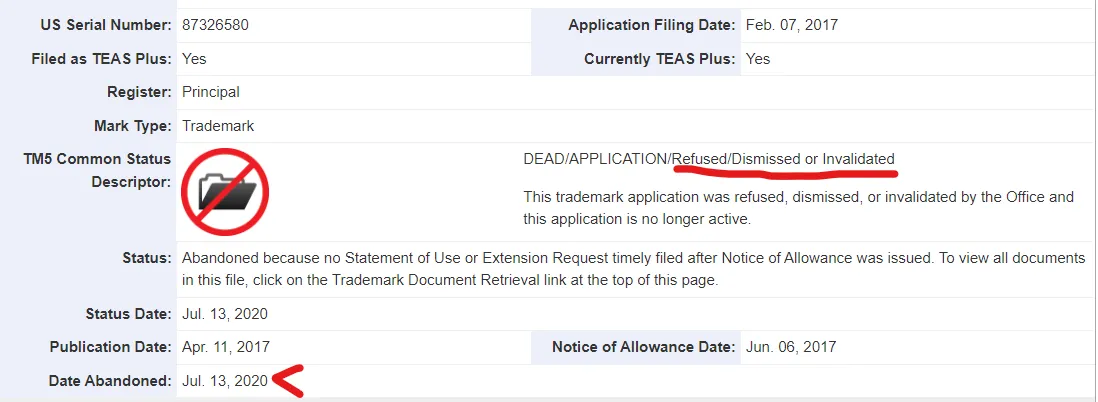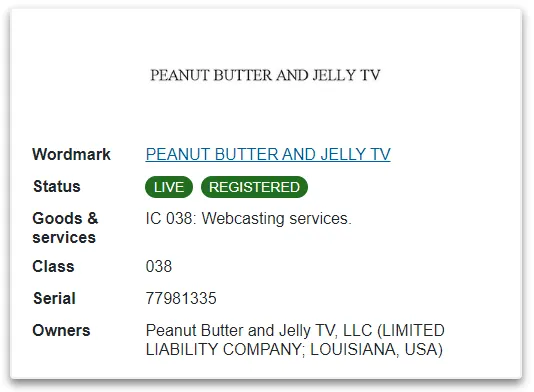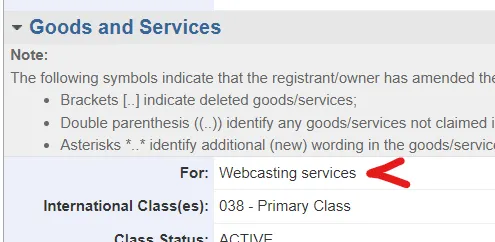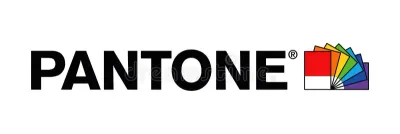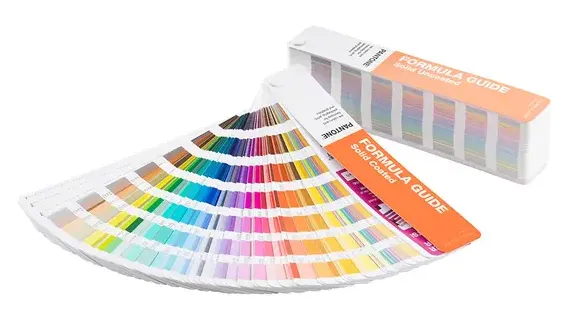What are trademarks?
TL;DR
Trademarks enable companies and individuals like you to protect their brands and protect consumers from counterfeiters.
Table of Contents
- Caveat emptor
- Scared to create
- What is a trademark?
- What can be trademarked?
- The PANTONE color question
- The robots descend
- Tools on this site
- Learn more
Caveat emptor
The following is a very superficial introduction to trademarks. I am not a lawyer. I am not an intellectual property rights expert. I'm a programmer and artist. Please keep this in mind as you read on. Some of the details here could be wrong. Take this as a layperson's perspective.
Scared to create
I'm writing this because a lot of Zazzlers are afraid that they will be punished by Zazzle or possibly sued by some big corporation with deep pockets if they include some images or text in their products or in describing them. Sometimes it's obvious why when you see some Zazzlers straight up copying Mickey Mouse or Spider Man into their products. But often it hits us out of the blue when we get a note from Zazzle that an intellectual property (IP) rights holder asked them to take down a product of ours.
After talking to quite a few Zazzlers it became apparent to me that many don't actually understand what the problem is and are scared of IP issues that are not even real. I thought it would be worthwhile to explain the basics of trademarks in particular and why they matter a lot in our work. I want to help you feel more confident in being creative and not worry so much as some do.
What is a trademark?
You are a content creator. And you are trying to make money with your creative efforts. You would not appreciate it if someone stole a design of yours and started selling it on Zazzle. Right? This is where the concept of intellectual property rights comes in. Most countries in the world today recognize the rights of people and organizations to have the exclusive right to profit from their creative efforts. If you invent some new product you might patent it. When you paint a new design you might copyright it. For the most part you have a limited hold on it before it is allowed to slip into the public domain for all to use.
A trademark is another form of intellectual property. One oriented toward protecting your good name from harm by other people. What if someone opened a Zazzle store that had the almost identical name as yours and used your logo? Wouldn't you ask Zazzle to take it down or otherwise differentiate it from yours? Why would someone do this? Probably because they want to benefit from the hard work you've done and the good reputation you've earned by pretending to be you. When you message Zazzle you are appealing to their understanding that you have a brand you need protected from this sort of abuse. That brand is your trademark.
A "service mark" is essentially the same thing, but more specifically for services versus goods. Practically speaking we can just use the term "trademark" for both goods and services.
The most basic purpose of a trademark is to protect someone selling goods or services from copycats trying to cash in on their brand. That's also the purpose of the brand in the first place: so customers can choose to buy from reputable vendors. Which means that the most basic purpose of a trademark is also to protect a consumer from fraud.
Trademarks can be plain text, graphic images of words or icons, sounds, video snippets, and other things that are iconic of some commercial thing. But for this document we are going to focus solely on plain text for simplicity.
What can be trademarked?
Many people mistakenly think anyone can just pick any random word or phrase like "peanut butter and jelly" and claim ownership of it. That's simply not true. Try searching the US Patent and Trademark Office's (USPTO's) database for that. You'll see a bunch of close matches. This one seems to defy my claim:
But a closer inspection should make it clear why it doesn't. First off, it's marked as "dead". Here's a summary of the status of this trademark application:
The USPTO is loaded with dead trademark cases like this. Here's one trademark that is still active though:
So now you're thinking "Darn. I can't ever say 'peanut butter and jelly' without getting sued!" Nope. It doesn't work like that. Every trademark has a limited scope. What I call its "usage". In this case they've described it as "Webcasting services":
You might be asking for trouble if you tried to open a restaurant named "Peanut Butter and Jelly TV". But it's clearly in a different realm, being a restaurant. You might even have a good explanation of why this name is very appropriate and not somehow meant to confuse people about your association with that web broadcaster. If you used a different logo, had different branding colors, and other aspects of your branding were obviously different then you might be allowed to register this identical name as its own trademark.
This narrow usage piece is very important to keep in mind. A "Bob's Garage" in Boise, Idaho is probably not going to be confused with a "Bob's Garage" in Green Bay, Wisconsin. This is also why you can typically get away with having a Zazzle store name that is the same as some other product or service company, so long as it is clearly in a different realm and not clearly trying to confuse people.
This should also illustrate one reason why you cannot simply take exclusive control of some word or phrase and deny everyone else in the world the right to use it, no matter how.
Another reason you can't do that willy nilly is that some marks (words or phrases here) like "peanut butter and jelly" are in such common use for commercial products and familiar homemade products that they are "grandfathered in". Some company would have to work hard to demonstrate why something so common should even be allowed as a trademark. Like if you sold a brand of wine named "Peanut Butter and Jelly" and were only claiming ownership of that mark in the context of alcoholic beverages.
One other reason you are limited is that you have to demonstrate that you are reserving a brand for some commercial purpose. If you started a band named "Peanut Butter and Jelly" then you had better be out there doing concerts, selling CDs, or whatever to try to capitalize on your brand. If you stop doing so then after a few years you'll lose your trademark rights.
The PANTONE color question
The following is just my opinion and understanding. Once again I am not a lawyer. Take this with a grain of salt.
PANTONE announced "Peach Fuzz" as their 2024 color of the year. There has been some discussion in the Zazzle and SHD communities about whether PANTONE has this name trademarked. To the best of my knowledge, no they have not and probably could not. I even searched the USPTO database for that exact phrase. PANTONE was not among the 41 search results.
The simple fact is that PANTONE is not selling a product named "peach fuzz". However. They do own the "PANTONE" trademark. Which means if you name or tag a Zazzle product "PANTONE Peach Fuzz" you are asking for trouble. Not because of the "peach fuzz" part though.
Here is a little of what PANTONE has to say on their own site about their trademarks:
Pantone, Pantone Matching System, Pantone Textile Color System, Pantone Plastics Color System, PMS, the Pantone Chip Logo, the Pantone Fan Chip Logo and the Pantone Window Logo are Pantone LLC’s check-standard trademarks for color standards, color data, color reproduction, and color reproduction materials, and other color-related products and services, meeting Pantone’s specifications, control, and quality requirements. Written permission from Pantone’s Licensing and Trademark Department is required prior to reproduction or digital display of a Pantone Color with trademark and/or copyright identification or use of Pantone’s trademarks for any color-related products or services.
They aren't claiming ownership of any color names. They are claiming ownership of brands of products and services they sell. Like the logo for their system of color-matching "fan strips":
PANTONE's fan strips may themselves be patented:
This is a good example though of just how jumpy some Zazzlers can get about what can and cannot be claimed as a brand for some person's or company's use.
The robots descend
One key reason I focus here on textual marks is that that's how companies find us. It's very common for the holder of some IP rights to pay a third party company to do their brand management for them. Those companies use Google and other web spiders to seek out references to their brands. Then they manually review them looking for cases of infringement. They are likely to be very liberal in encouraging takedown requests via Zazzle and other sites.
You may wonder why a trademark holder would be so picky about your use of some brand of theirs. One reason is legal in nature. If you do not take action to defend your trademark then you can lose your trademark over time. If someone were to challenge your right to some trademark in court, they would need to show that they at least reached out to notify you of a violation and possibly even took some more formal legal action.
The artist, company, or other brand owner may not even care personally about a minor infringement. But if they don't act like they care about their brand in this legal sense, they can lose their trademarks. So. Often it's really not personal.
Tools on this site
Learn more
To learn more about trademarks, consider perusing the USPTO's trademark site. Wikipedia's article on trademarks provides a decent history and summary of the essential concepts.
